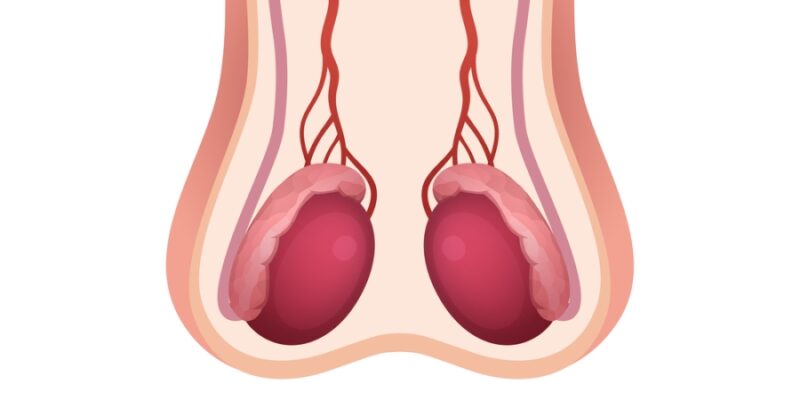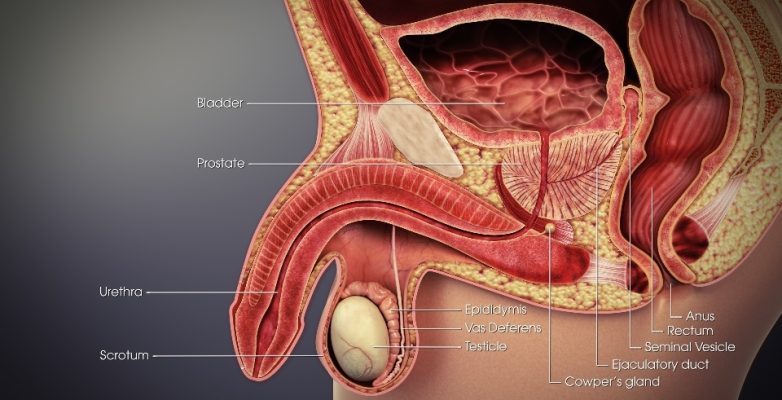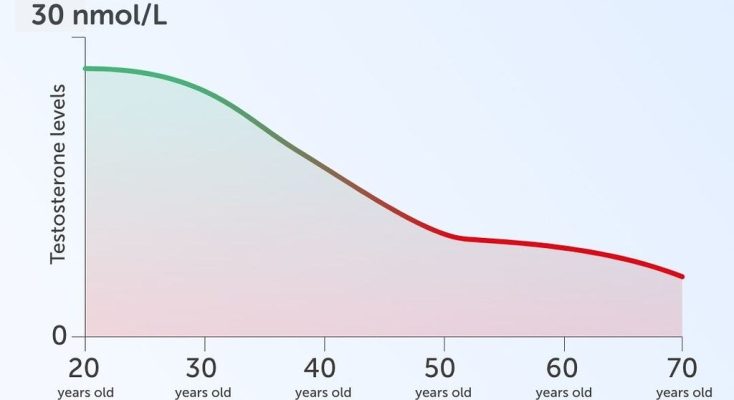
Castration is any action, may it be surgical, chemical, or otherwise, by which a male loses (the use of) the testicles and becomes sterilized (preventing the castrated person from reproducing).

Surgical castration — also called orchiectomy — removes both testicles, and chemical castration uses pharmaceutical drugs to deactivate the testes.
Castration also significantly reduces the production of several hormones, such as testosterone and estrogen.
Emasculation goes one step further; it’s a surgical procedure in which the testicles (orchiectomy), scrotum and the penis (called penectomy) are removed together.
However, the term emasculation may also be used in a figurative sense, referring to the loss of a man’s masculinity being deprived of “characteristic” male properties such as virility, strength, or independence.
In ancient times, castration and (physical) emasculation were used for a range of religious or social reasons in some civilizations in Europe, South Asia, Africa, and East Asia.
The castrated or emasculated men were typically called eunuchs and performed a variety of functions, such as domestic tasks, clandestine operations, singers, concubines or sexual partners, religious specialists, royal guards and soldiers, government officials, and guardians or servants of women or harem. It could also be carried out as a punishment (for many different “offences”).

Today, castration is still performed, but usually for other reasons than mentioned above. For instance, motives may be prostate cancer (as a testosterone-depletion therapy to slow down the cancer), testicular cancer, as a treatment for sex offenders to avoid imprisonment (it can reduce sex drive or sexual behaviors that may be considered deviant), or for transgender women.
For instance, transgender women may seek surgical castration (orchiectomy) as a gender affirming intervention to combat Gender Dysphoria, which could be part of a broader set of medical procedures such as the construction of a vagina and vulva (Bottom Surgery). Mind that this type of Gender Affirming Surgery is often combined with Gender Affirming Hormone Therapy to produce more or more lasting (feminizing) results.
Surgical castration can help transgender women to develop physical characteristics (the so-called secondary sex characteristics) that people associate with femininity. The reason to this is that removing the testicles will diminish overall testosterone production, which — for instance — can lead to breast tissue growth and reduction of muscle mass.
Emasculation may also be used in transgender or gender diverse people if they want to remove the penis to look more like someone who was assigned female at birth AFAB) or want a more featureless groin area, which is a kind of Bottom Surgery. This may be a step toward creating a vagina (vaginoplasty), although not all transgender women or gender diverse people opt for this latter type of Gender Affirming Surgery.


















